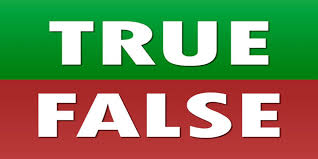19.01.2021 03.46 GMT+0000

Recent guidance from the DOL illustrates the outgoing administration’s desire to leave its mark.
19.01.2021 03.46 GMT+0000

Recent guidance from the DOL illustrates the outgoing administration’s desire to leave its mark.
16.07.2020 01.51 GMT+0000

The DOL’s new guidance reinstates prior definition of investment fiduciary and offers new exemption for (otherwise prohibited) forms of compensation for plan fiduciaries.
02.07.2020 09.56 GMT+0000

Proposed DOL regulations would add new restrictions to the use of ESG funds.
25.01.2020 05.01 GMT+0000
13.12.2019 06.59 GMT+0000

Retirement plan providers are under pressure to reduce fees--and are likely to respond by shifting more focus to non-plan products.
12.09.2019 01.12 GMT+0000

Awareness--and concern--about the impact of DC provider conflicted service models continues to gain visibility.
25.04.2019 01.27 GMT+0000

• The settlement focuses on limiting the ability of the current recordkeeper (Fidelity) and any future recordkeeper from using participant data.
04.03.2019 07.47 GMT+0000

Plan recordkeepers, facing challenges to their traditional revenue models, are looking for new revenue sources. These new sources pose legal challenges for the recordkeepers and practical challenges for plan fiduciaries.
07.11.2018 11.35 GMT+0000

Retirement plan recordkeepers are seeing ongoing pressure on fees. Their approach to developing alternative revenue sources could have implications for plan fiduciaries.
27.09.2018 04.19 GMT+0000

Federal securities law may contain some helpful insights for retirement plan fiduciaries, as they assess disclosures supplied by service providers.